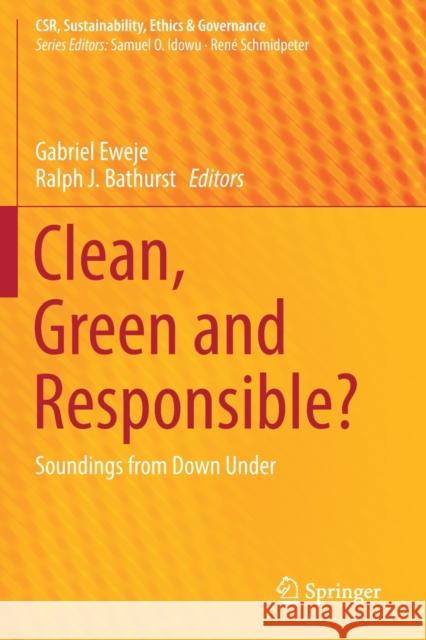Clean, Green and Responsible?: Soundings from Down Under » książka
topmenu
Clean, Green and Responsible?: Soundings from Down Under
ISBN-13: 9783030214388 / Angielski / Miękka / 2020 / 252 str.
Clean, Green and Responsible?: Soundings from Down Under
ISBN-13: 9783030214388 / Angielski / Miękka / 2020 / 252 str.
cena 402,53
(netto: 383,36 VAT: 5%)
Najniższa cena z 30 dni: 385,52
(netto: 383,36 VAT: 5%)
Najniższa cena z 30 dni: 385,52
Termin realizacji zamówienia:
ok. 22 dni roboczych.
ok. 22 dni roboczych.
Darmowa dostawa!
Kategorie:
Kategorie BISAC:
Wydawca:
Springer
Seria wydawnicza:
Język:
Angielski
ISBN-13:
9783030214388
Rok wydania:
2020
Wydanie:
2019
Numer serii:
000464707
Ilość stron:
252
Waga:
0.37 kg
Wymiary:
23.39 x 15.6 x 1.42
Oprawa:
Miękka
Wolumenów:
01
Dodatkowe informacje:
Wydanie ilustrowane











